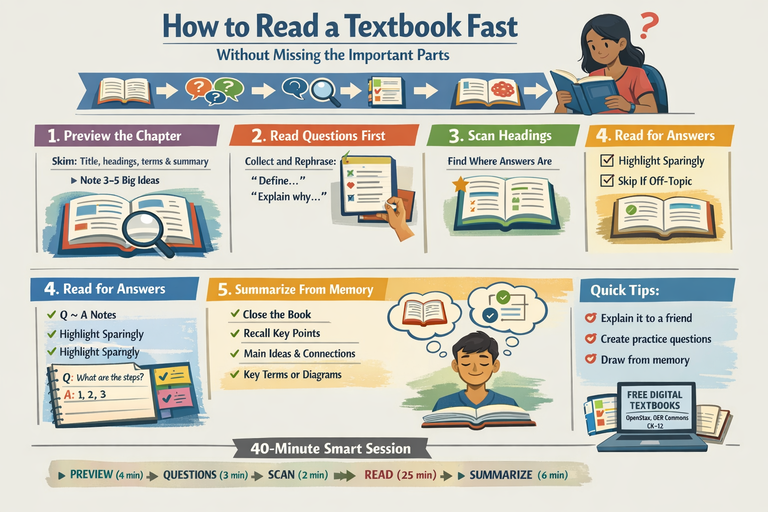Family Fortunes: Fictional Dynasties and Their Business Legacies
In literature, few narrative threads are as compelling as the rise—and sometimes fall—of powerful families bound by blood, business, and ambition. Fictional dynasties often serve as microcosms of society, illuminating themes like legacy, loyalty, betrayal, and the corrupting influence of wealth.
These stories draw readers into the high-stakes world of family-run empires, where fortune and reputation are fiercely protected, and the past is never truly buried.
From old-money aristocracies to modern business magnates, novels that explore familial legacies in business provide a fascinating lens on the tension between personal identity and collective inheritance. These tales are rarely just about money—they're about power, tradition, and the choices that shape generations.
Let’s explore how literature handles the intricate dance of family and business, and why these fictional dynasties continue to captivate readers around the world.
The Legacy of Wealth and Responsibility
At the heart of many family-driven business novels lies the burden of legacy. These are families where children are born into power, expected to uphold traditions and protect the empire, whether or not they desire the role.
In The House of the Spirits by Isabel Allende, the Trueba family’s wealth and influence span decades, intricately tied to the political and social upheavals of Chile. While not a business empire in the strictest sense, the family's landowning and economic power give them a dynastic grip on their environment. The novel explores how personal ambition and class privilege ripple across generations, often causing as much pain as prosperity.
Similarly, in Buddenbrooks by Thomas Mann, the decline of a wealthy merchant family is chronicled with painstaking detail. As each generation grapples with changing values and the weight of expectations, the once-thriving family business begins to unravel. Mann’s masterpiece highlights how economic success does not always guarantee emotional or moral fulfillment—and how legacy can become a gilded cage.
These novels portray inheritance not as a privilege but as a complex burden, full of expectations that shape—and sometimes destroy—the next generation.
Family Drama in the Boardroom
Fictional business dynasties are rarely harmonious. Sibling rivalries, parental favoritism, and clashing visions often make the boardroom an emotional battleground. These internal conflicts are what give family sagas their dramatic intensity.
In The Nest by Cynthia D’Aprix Sweeney, four adult siblings await a shared inheritance—“the Nest”—which they’ve already begun to spend in anticipation. When a scandal threatens their financial future, old resentments and secrets come to the surface. The novel deftly illustrates how money can complicate familial bonds, and how business interests can inflame personal grievances.
A more sinister take appears in King Lear by William Shakespeare, where the division of a royal inheritance triggers betrayal, madness, and familial collapse. Although not a business narrative in the traditional sense, the political kingdom functions as a legacy of power, and Lear’s decision to split it among his daughters sets off a tragic chain of events. The play remains a timeless warning about mixing emotion with empire.
In these stories, the boardroom is never just about strategy—it’s a stage for deep-seated emotional battles and ethical dilemmas.
Women in the Shadow and Spotlight
Historically, business dynasties in literature have been patriarchal, with power handed from father to son. But modern fiction increasingly brings women to the forefront—either as the overlooked stabilizers or as powerful figures in their own right.
In The Custom of the Country by Edith Wharton, Undine Spragg marries her way through high society, relentlessly pursuing wealth and status. Though she is not the CEO of any company, her strategic manipulation of marriage and social capital makes her a businesswoman of a different kind. Wharton critiques the transactional nature of relationships in dynastic families, especially for women.
More recently, Dynasty—the rebooted television-inspired novelization—reimagines the Carringtons as a modern, diversified family business where daughters are just as likely as sons to claim the throne. Fallon Carrington’s ruthless ambition and strategic thinking highlight how female heirs are no longer confined to the sidelines.
These stories reflect evolving gender dynamics in both business and literature, spotlighting the rise of women who challenge—and redefine—the rules of dynastic succession.
From Rags to Empire
Not all fictional dynasties start at the top. Some claw their way up from obscurity, earning their place through vision, hustle, and sometimes questionable ethics. These underdog-to-empire stories add richness to the family saga genre, blending themes of entrepreneurship, class mobility, and the American—or global—dream.
Mario Puzo’s The Godfather famously traces the Corleone family's rise from humble beginnings to criminal empire. While the business is illicit, the family structure, succession planning, and loyalty dynamics echo those of legitimate business dynasties. Michael Corleone’s reluctant transformation into his father’s successor shows how legacy can both empower and entrap.
In Pachinko by Min Jin Lee, a Korean family in Japan builds a business empire against the odds, facing racism, poverty, and war. Over multiple generations, their resilience and ingenuity create a lasting impact. The novel doesn’t glorify wealth; rather, it examines what is gained and lost in the pursuit of security and status.
These narratives affirm that while blood may open doors, determination and adaptability are often what sustain a legacy.
The Moral Cost of Empire
Fictional dynasties frequently walk the fine line between success and moral compromise. As families expand their influence, they often face decisions that test their integrity, leading to corruption, cover-ups, or the abandonment of founding ideals.
In The Bonfire of the Vanities by Tom Wolfe, Sherman McCoy’s Wall Street lifestyle implodes after a single mistake exposes the moral vacuum beneath his success. While not a multigenerational family saga, the novel paints a sharp portrait of how business ambition can erode personal ethics and destroy reputations.
In American Dirt by Jeanine Cummins, though primarily about immigration, the story also critiques wealthy criminal dynasties in Mexico and the moral consequences of their rise. These business families, built on exploitation and violence, mirror the corruption and decay often hidden behind corporate façades.
Literature uses these portrayals to remind us that dynastic success often comes at a cost—and that every fortune has its shadows.
Endings: Succession, Decline, or Reinvention?
The final chapters of family business novels often ask: what happens next? Will the younger generation uphold the legacy, forge a new path, or let it all crumble?
In The Immortalists by Chloe Benjamin, four siblings are told the dates of their deaths by a psychic, and each life takes a dramatically different path. Though not a business-focused novel, it offers a philosophical reflection on how knowledge of legacy—or its end—shapes choices. It’s a metaphor for the weight of inheritance and the unpredictability of succession.
Meanwhile, in novels like Succession (and its fictional novel adaptations), the tension lies in who will inherit the throne—and whether the empire can survive its founder. These stories reflect real-world anxieties about leadership transitions and the fragility of legacy.
Ultimately, the best novels about fictional dynasties leave readers contemplating what truly endures: the wealth, the empire, or the family itself.
Conclusion: Why We Love Reading About Dynasties
Fictional dynasties enthrall us because they combine the personal with the political, the intimate with the grand. They show how the bonds of family can be both a source of strength and a cause of downfall. These stories remind us that business is never just business—it’s family history, personal ambition, and the relentless pursuit of something that will outlive us.
From the boardrooms of modern corporations to the sprawling estates of landed gentry, these families echo our own deepest questions about legacy, love, and what we leave behind.
Whether they rise or fall, fictional business dynasties will always have a place in literature—and in the imagination of readers who wonder what it means to build an empire, and what it costs to keep it.






